How to Tell What Ply a Tire Is
Advertisement
Visit Our Friendly Website

What You Need To Know About Car tire Ply and Ply Ratings
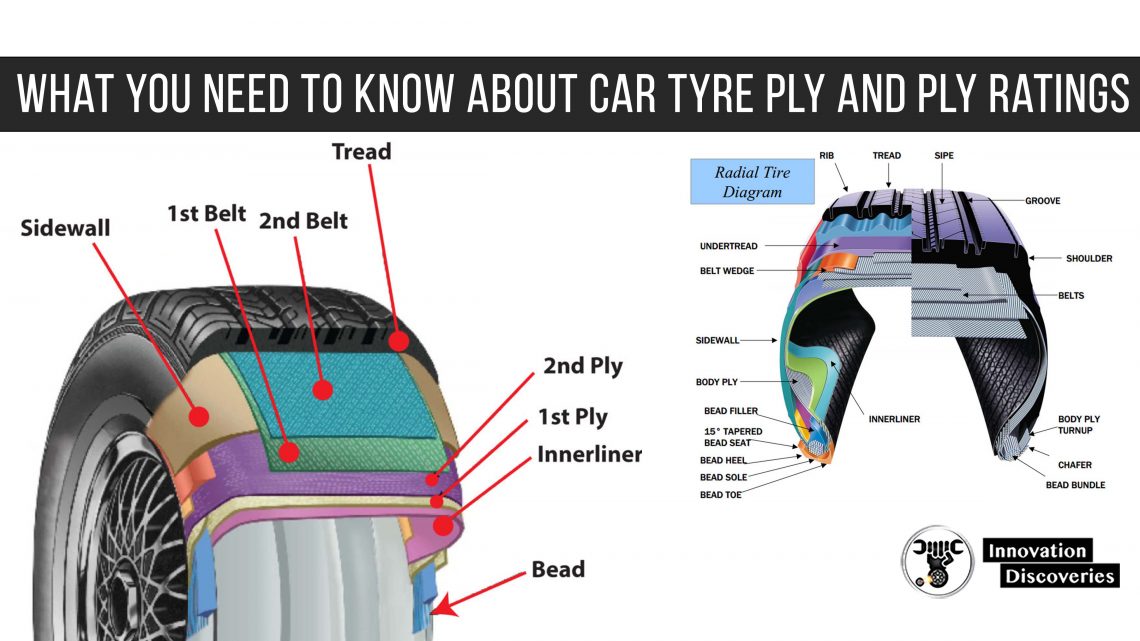
Note : Tyre vs. Tire. For British motorists, the rubber wheel-covering is called a tyre – for the Americans, it's a tire.
Like engines and other parts of vehicles, the tires are also important or even most important as they face more beat than any other part.
They are of various types such as winter tires, summer tires, all-terrain tires, and all-season tires.
In this article, however, we are going to focus on one of the aspects of the tires and that is about what tire ply and ply rating is.
Over the course of time, the boost in technology, Science, and Alchemy has even monopolized the automobile industry as well, and there has been quite an improvement in the manufacturing of tires.
The tire is not just a mere rubber that is carved in a circle instead they are manufactured with several layers of rubber, cords of steel and polyester, and even other textile materials which are inlaid with the layers of the rubber and finally given a one-piece shape, i.e., tires.
These thin layers of the tire are called ply.
Ply rating or load range is the number of layers of rubber on the tire.
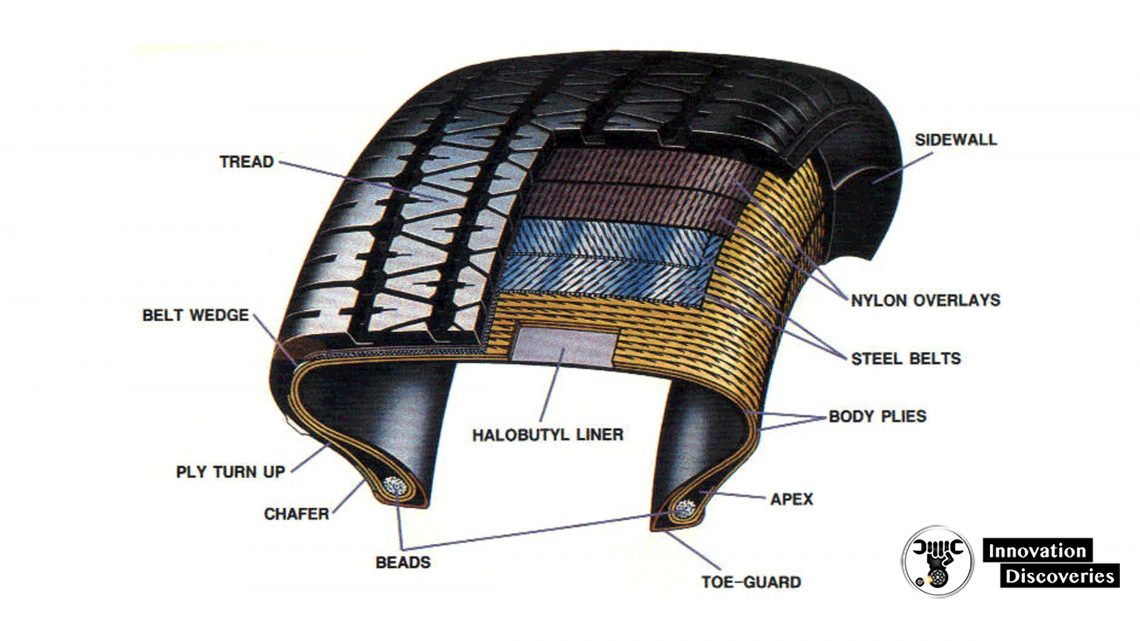
They are mentioned on the side of the tire and can tell how much load a tire can bear at a specific inflation pressure.
A common one is eight-ply. Eight-ply means that a tire has eight layers of rubber.
The ply rating can be the same, or it can be different. In case it is the same for the case of eight plys in the tread of the tire then the sidewall will also have the eight-ply.
However, in the case of a different ply rating, there would be a different ply rating in the tread of the tire and on the sidewall as well.
This can be further explained that a regular car and a light tire have four plys under the tread and two plys on the side walls.
This kind of tire will be a 4+2 ply tire and comes under that category of ply rating which has a different ratio of tread and sidewall ply.
Now the question arises why there are more plys under the tread while less on the sidewall?
The answer to this is that this ratio or difference allows strength while keeping flexibility in the sidewalls.
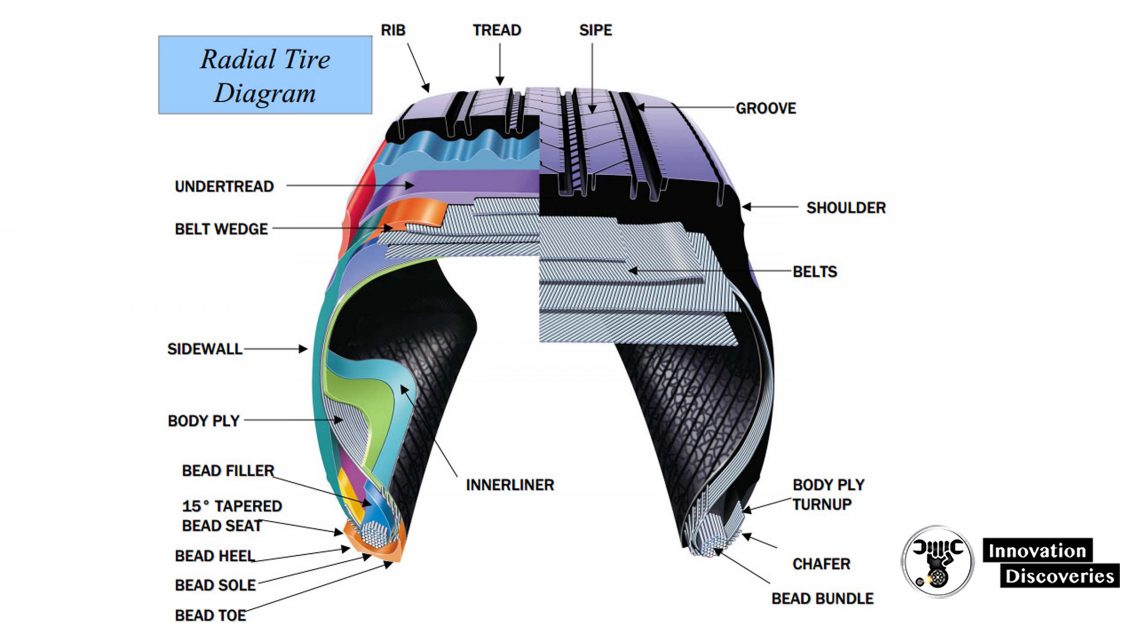
A higher number of the ply is an advantage for a vehicle.
The higher ply rating indicates that the tire can bear that much load and the greater the ply number then again the greater the load range.
However, one thing needs to be clarified that it doesn't always necessarily means that if a tire is six-ply, then it has six layers of rubber.
Rather it means that the tire has a strength of the six-ply. The table below will further explain this.
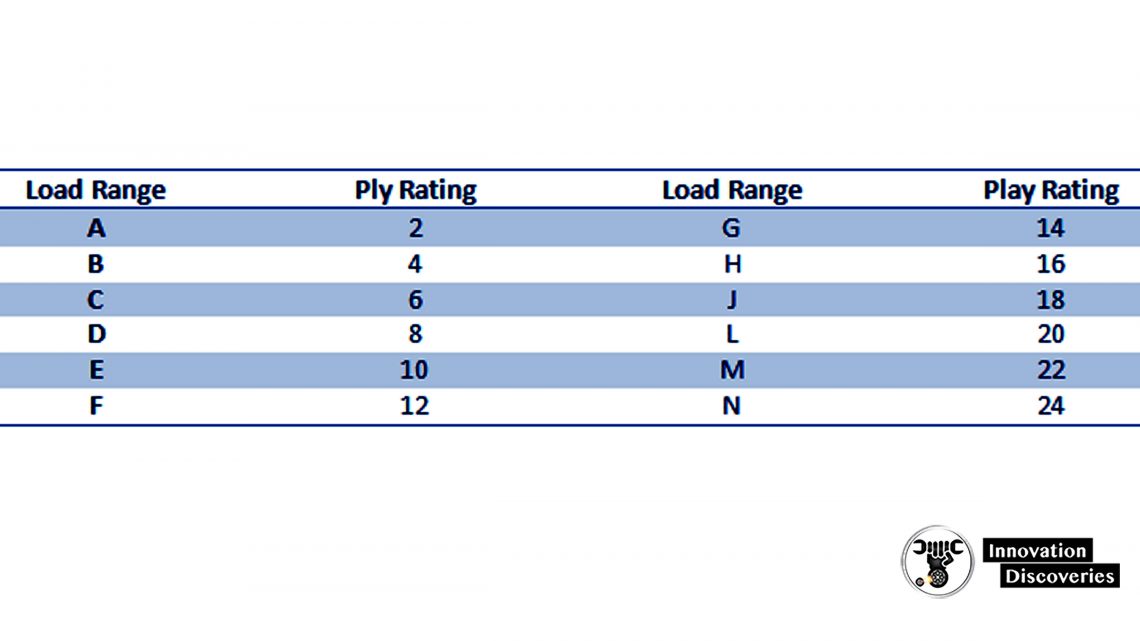
READ: Learn How to Read Your Tire Sidewall
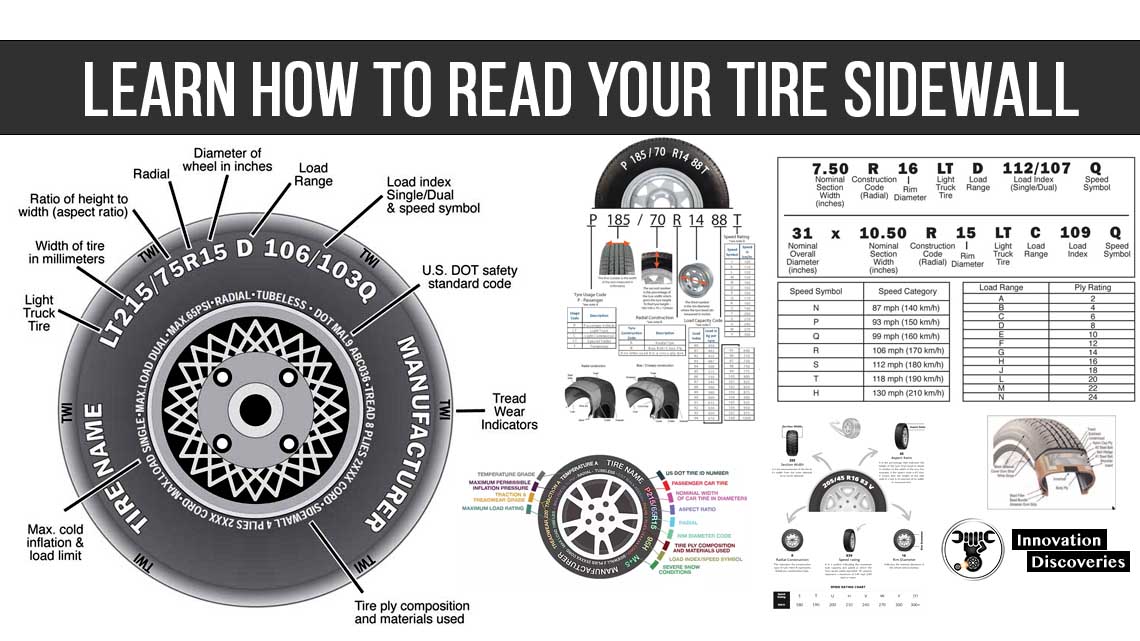
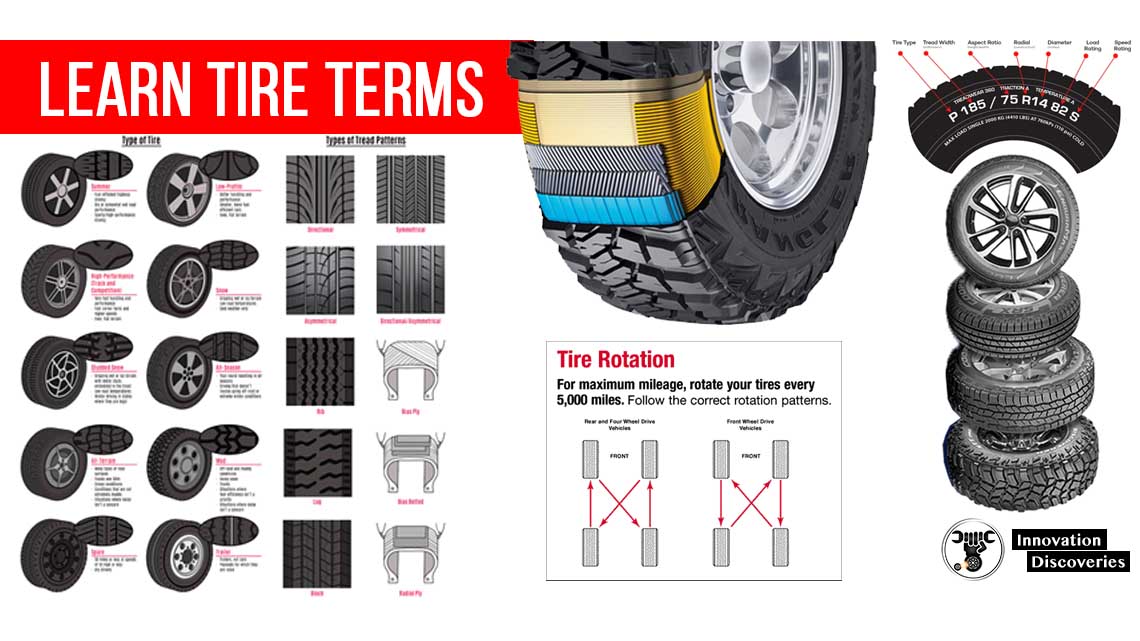
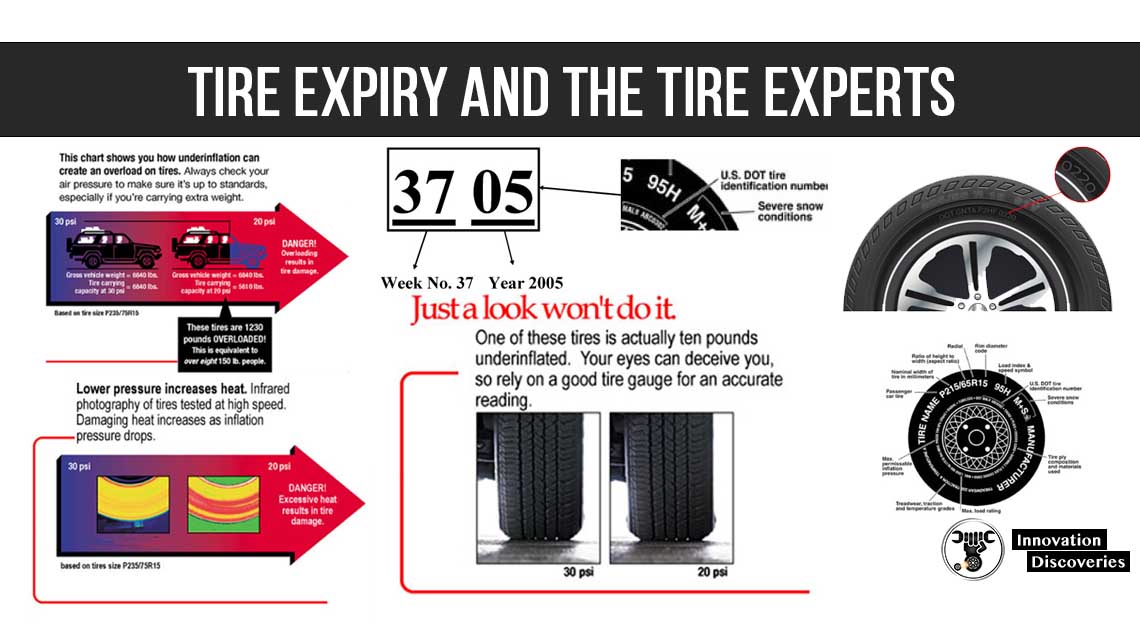
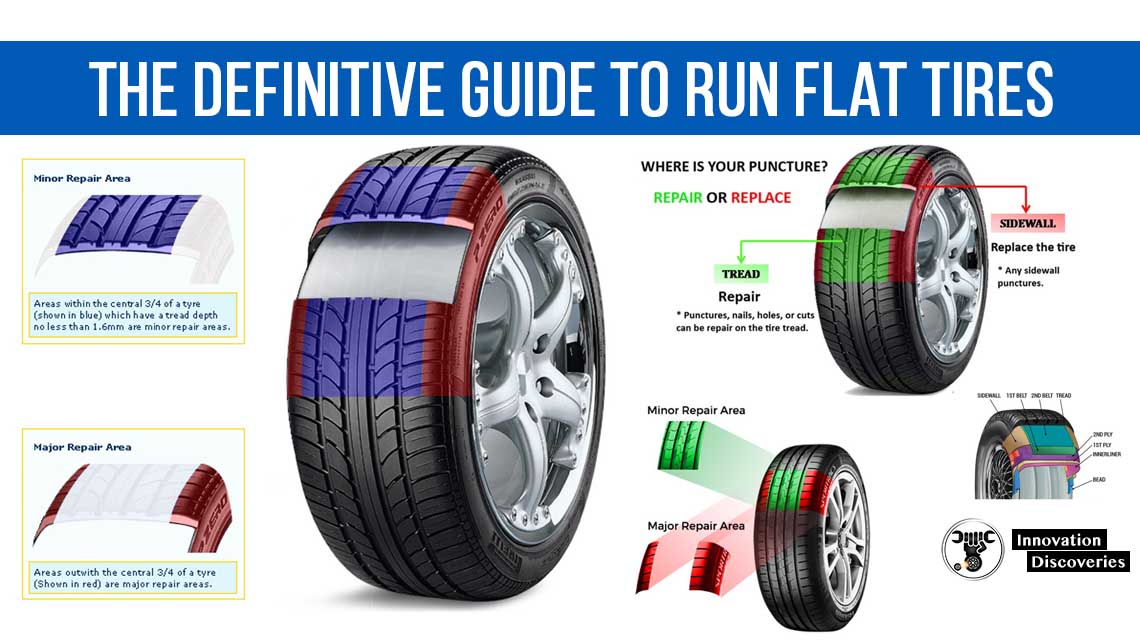
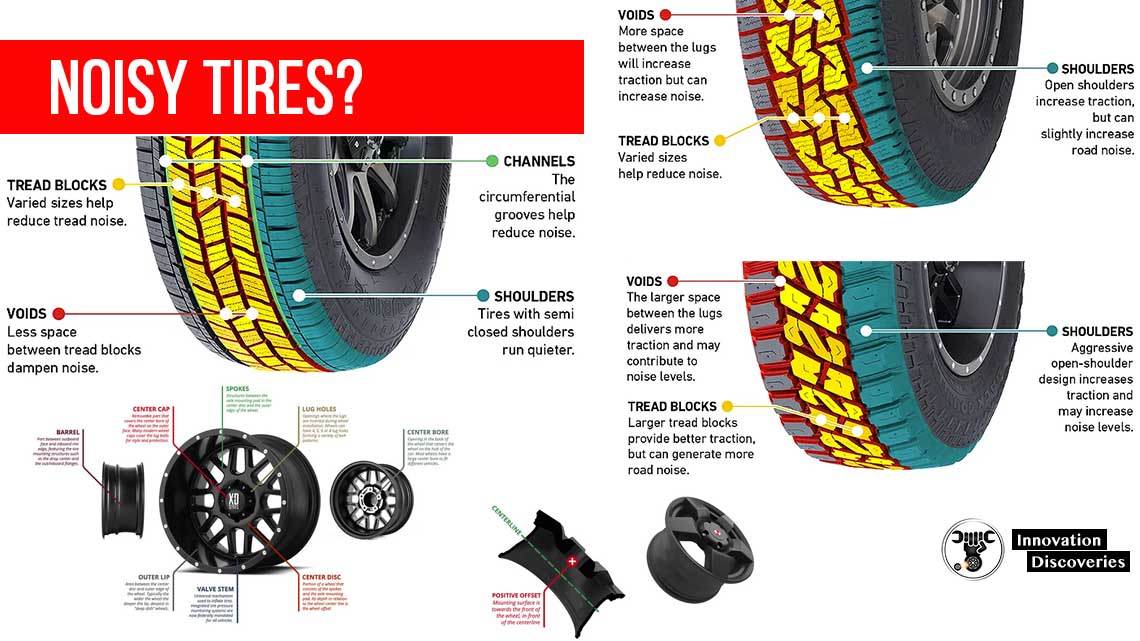
Visit Forum
Visit Our Friendly Website

Advertisement
How to Tell What Ply a Tire Is
Source: https://innovationdiscoveries.space/what-you-need-to-know-about-car-tire-ply-and-ply-ratings/